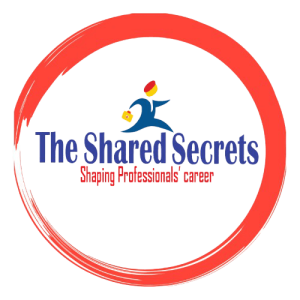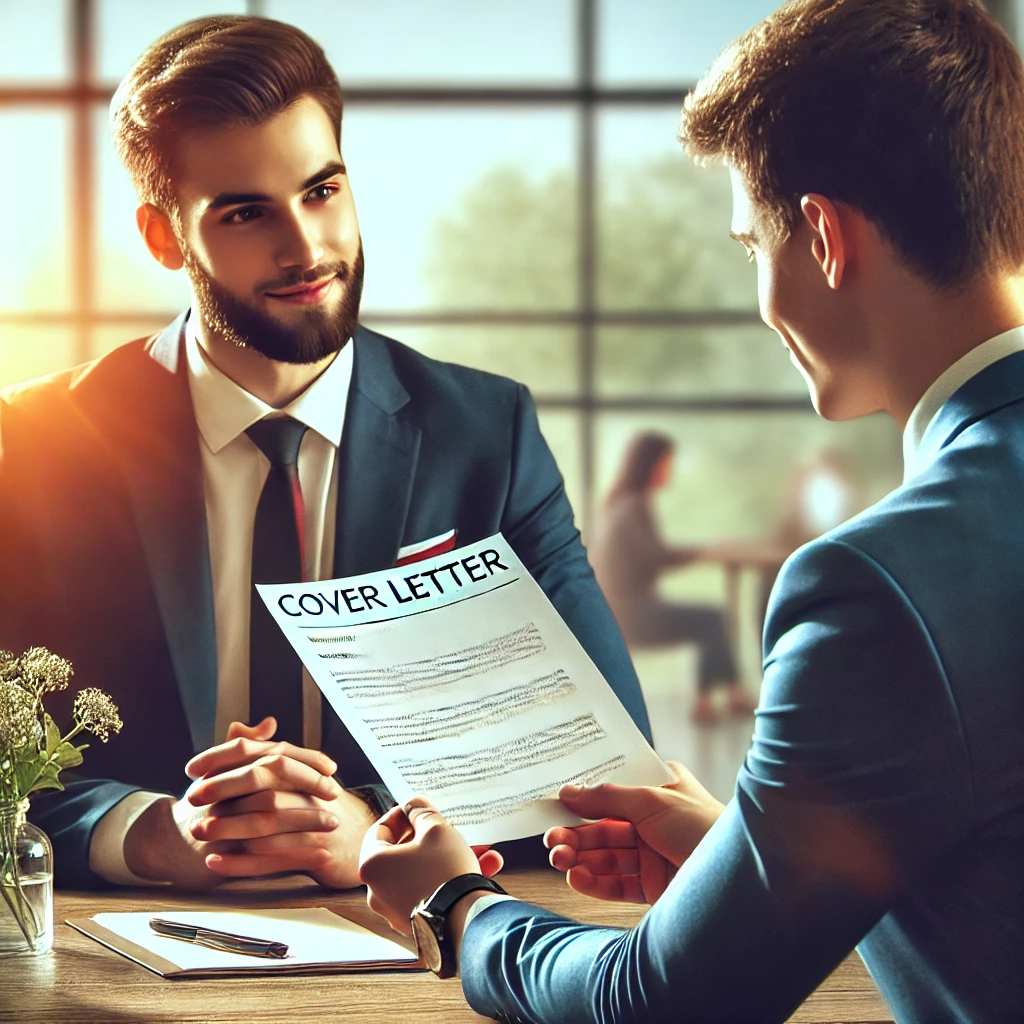Introduction
When applying for a job, knowing how to end a cover letter effectively is critical to leaving a lasting impression. The ending of your cover letter isn’t just a formality—it’s your final opportunity to sell yourself, display your enthusiasm, and prompt the hiring manager to take action. A weak or ambiguous ending might leave your application lingering in the “maybe” pile, while a strong and confident conclusion can boost your chances of landing an interview.
Throughout this article, we’ll guide you on how to close a cover letter with confidence and precision. By incorporating these strategies, you’ll craft a closing that strengthens your entire application. Plus, if you’re looking for additional cover letter tips, we’ll offer suggestions and cover letter examples along the way.
Why the Ending of Your Cover Letter is Crucial
Imagine reading a well-written book only to find it ends with an abrupt or confusing conclusion. That’s what a poorly executed cover letter ending feels like to a hiring manager. Your closing paragraph is your final chance to reinforce your interest in the role, summarize your value, and push the conversation forward.
In fact, the way you close the cover letter can leave the hiring manager with a lasting impression of you as a candidate. It’s a make-or-break moment, especially when you’re competing against many qualified candidates. Mastering the art of the cover letter closing paragraph is essential for your success.
Tip 1: Restate Your Enthusiasm for the Role
The first key to crafting a strong cover letter ending is to reiterate your excitement about the position. Employers want candidates who are genuinely interested in their role and company, so make sure you convey your enthusiasm.
For example:
“I am excited about the opportunity to bring my project management skills to XYZ Company and would welcome the chance to contribute to your innovative team.”
By reiterating your interest, you reaffirm your commitment and demonstrate that you have carefully considered how this role aligns with your career goals.
If you’re looking for more information on how to write the perfect cover letter from start to finish, check out our complete guide to writing a cover letter; “How to Craft a Perfect Cover Letter: Tips to Stand Out and Land Your Dream Job”.
Tip 2: Highlight Key Qualifications Briefly
Your cover letter closing paragraph should also briefly summarize your most relevant qualifications. Avoid rehashing your resume verbatim but use this opportunity to remind the hiring manager of your top skills and achievements.
For example:
“With five years of experience in digital marketing and a proven record of increasing online traffic by 40%, I am confident I can contribute effectively to your team.”
This allows you to leave a final, memorable impression of your value without diving into too much detail.
Tip 3: Be Clear About Next Steps
One of the most effective ways to close your cover letter is by being clear about the next steps. Instead of passively waiting for a response, take the initiative by requesting an interview or suggesting a follow-up.
Consider this:
“I would appreciate the opportunity to discuss how my skills align with your team’s needs. I am available for an interview at your earliest convenience.”
Being direct shows confidence, something employers value. Don’t hesitate to politely ask for a follow-up—it demonstrates that you’re serious about the role.
For more expert advice on how to structure your cover letter, consider reading this article, “How to Write a Cover Letter: Your Full Guide (With Tips and Examples)”.
Tip 4: Show Gratitude to Make a Positive Impression
Gratitude is a simple yet powerful way to leave a positive impression on the reader. Acknowledging the time and effort the employer has invested in reviewing your application shows professionalism and courtesy.
An example could be:
“Thank you for considering my application. I truly appreciate the opportunity and look forward to discussing how I can contribute to your team.”
A grateful tone can set you apart from other candidates who may come off as indifferent or too casual.
Tip 5: End With a Strong Call to Action
A cover letter closing is incomplete without a clear call to action. This tells the hiring manager what you’d like them to do next, such as scheduling an interview or contacting you for further discussion.
A strong call to action could look like this:
“I look forward to the opportunity to discuss my qualifications further and how I can add value to your organization. Please feel free to contact me to arrange a meeting.”
By leaving the door open for further engagement, you create a sense of momentum and enthusiasm, inviting the hiring manager to take the next step.
Tip 6: Choose the Right Professional Sign-Off
When it comes to closing the cover letter, your sign-off should always be professional. Avoid overly casual phrases like “Cheers” or “Take care” and instead opt for something polished.
Here are some professional options:
- Best regards,
- Sincerely,
- Respectfully,
- Warm regards,
Make sure that your sign-off complements the tone of your cover letter and maintains professionalism.
Tip 7: Keep It Concise and Professional
Hiring managers often read dozens of cover letters for a single position, so keeping your closing paragraph concise and to the point is crucial. Aim for no more than 2-3 sentences that encapsulate your enthusiasm, qualifications, and next steps.
For instance:
“I am excited about the opportunity to contribute my experience in customer service to your team. Thank you for considering my application.”
A succinct and professional conclusion ensures that you leave a strong final impression without overwhelming the reader.
5 Examples of Perfect Cover Letter Endings
Example 1: Confident and Assertive
“I am eager to contribute my skills in software development to your team at XYZ Company. I look forward to discussing how my background aligns with your needs. Please feel free to contact me to schedule an interview.”
Example 2: Polite and Enthusiastic
“Thank you for considering my application. I would love the opportunity to further discuss my experience in marketing and how it can benefit your team. I am available at your convenience for an interview.”
Example 3: Highlighting Value and Experience
“I am confident that my experience leading cross-functional teams can help your company achieve its goals. I welcome the opportunity to discuss this further during an interview.”
Example 4: Warm and Appreciative
“I sincerely appreciate the opportunity to apply for this role, and I look forward to the chance to contribute to your team. Thank you for your time and consideration.”
Example 5: Straightforward and Professional
“I am available for an interview at your earliest convenience. Thank you for your consideration, and I look forward to discussing how my qualifications align with your team’s needs.”
Common Mistakes to Avoid When Ending a Cover Letter
- Being too vague or passive: Statements like “I hope to hear from you soon” are weak and passive. Be direct but polite.
- Over-explaining: Avoid cramming too much information into the final paragraph. It should be brief and to the point.
- Forgetting to express gratitude: Always thank the hiring manager for their time, as this small gesture can go a long way in creating a positive impression.
- Using an informal sign-off: Steer clear of phrases like “Thanks” or “Take care” in your closing. Maintain professionalism throughout.
Conclusion
Knowing how to end a cover letter effectively is a critical step toward securing an interview. By following these seven essential tips—reiterating your enthusiasm, summarizing your qualifications, and ending with a strong call to action—you’ll create a compelling final impression that sticks with the hiring manager. Whether you’re an experienced professional or new to the job market, mastering how to close a cover letter will significantly increase your chances of getting a callback.
FAQs
How formal should a cover letter closing be?
Your closing should always remain professional. Use phrases like “Sincerely” or “Best regards” to maintain a polished tone.
Should you ask for an interview in the cover letter?
Yes, it’s a good idea to politely request an interview as it shows initiative and enthusiasm for the role.
Can I use casual language in the closing?
It’s best to avoid casual language. Even if the company culture is relaxed, your cover letter should remain professional.
What is the ideal length for the cover letter’s closing paragraph?
Your closing paragraph should be around 2-3 sentences. Keep it concise and focused on your key message.
How do I address follow-up in the closing?
You can invite follow-up by including a polite call to action, such as requesting an interview or indicating that you look forward to discussing your qualifications further.

